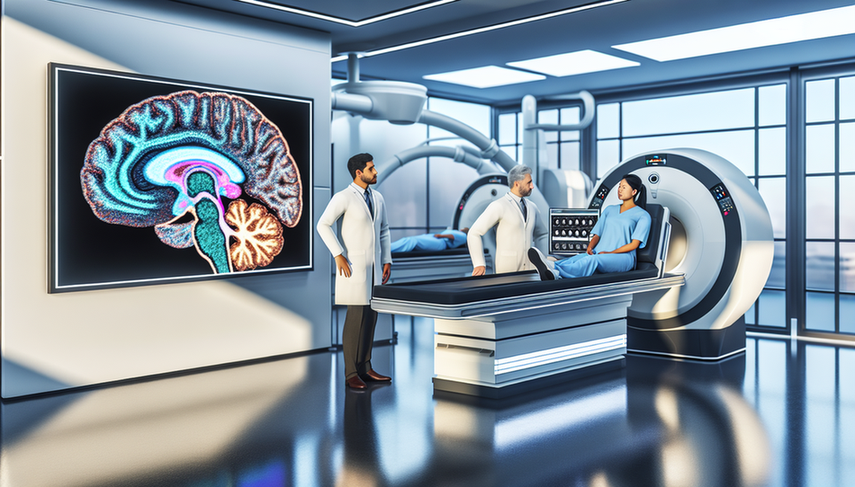Advanced Radiology: How AI in Image Analysis Enhances Diagnostic Accuracy with Radiology Reading Software

Advanced radiology has undergone a significant transformation with the incorporation of artificial intelligence (AI) in image analysis. This technology not only enhances diagnostic accuracy but also optimizes workflows in medical imaging. AI in medical imaging is revolutionizing how radiologists interpret medical images, enabling earlier and more precise detection of various pathologies.
Diving into the Impact of AI in Medical Imaging Diagnosis
The application of AI in radiology has proven particularly effective in areas such as breast cancer detection and cardiac image analysis. A recent study on the use of AI in breast cancer detection through digital mammography and digital breast tomosynthesis showed that AI systems can outperform radiologists in terms of sensitivity and specificity in certain contexts [1]. Additionally, AI has been successfully applied in cardiac imaging, improving coronary calcium assessment and computed tomography angiography [2].
In the field of oncology, radiomics—a technique that converts medical images into quantitative data—has been enhanced by AI to improve accuracy in diagnosis and treatment response evaluation [3]. The ability of AI to analyze large volumes of data and detect complex patterns not visible to the human eye has been fundamental in these advancements.
Conclusions
The integration of AI in radiology reading software is redefining the future of advanced radiology. Although challenges remain, such as the need for formal validation and integration into clinical workflows, the potential benefits are immense. AI not only improves diagnostic accuracy but also allows for more personalized and efficient patient care. As we continue to explore and develop these technologies, it is crucial for medical professionals to stay informed and actively participate in the safe and effective implementation of AI in clinical practice.
Referencias
- [1] Standalone AI for Breast Cancer Detection at Screening Digital Mammography and Digital Breast Tomosynthesis: A Systematic Review and Meta-Analysis
- [2] Development and application of artificial intelligence in cardiac imaging
- [3] The Applications of Radiomics in Precision Diagnosis and Treatment of Oncology: Opportunities and Challenges
Created 23/1/2025
